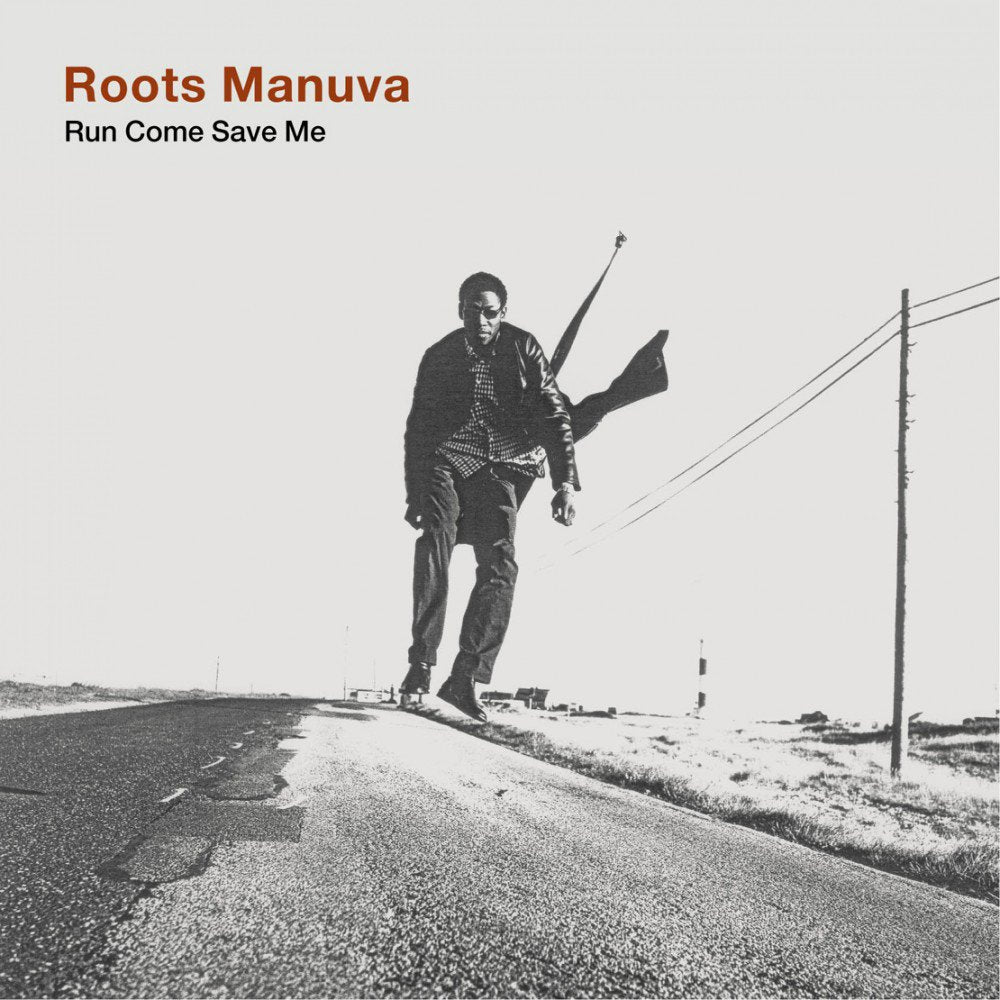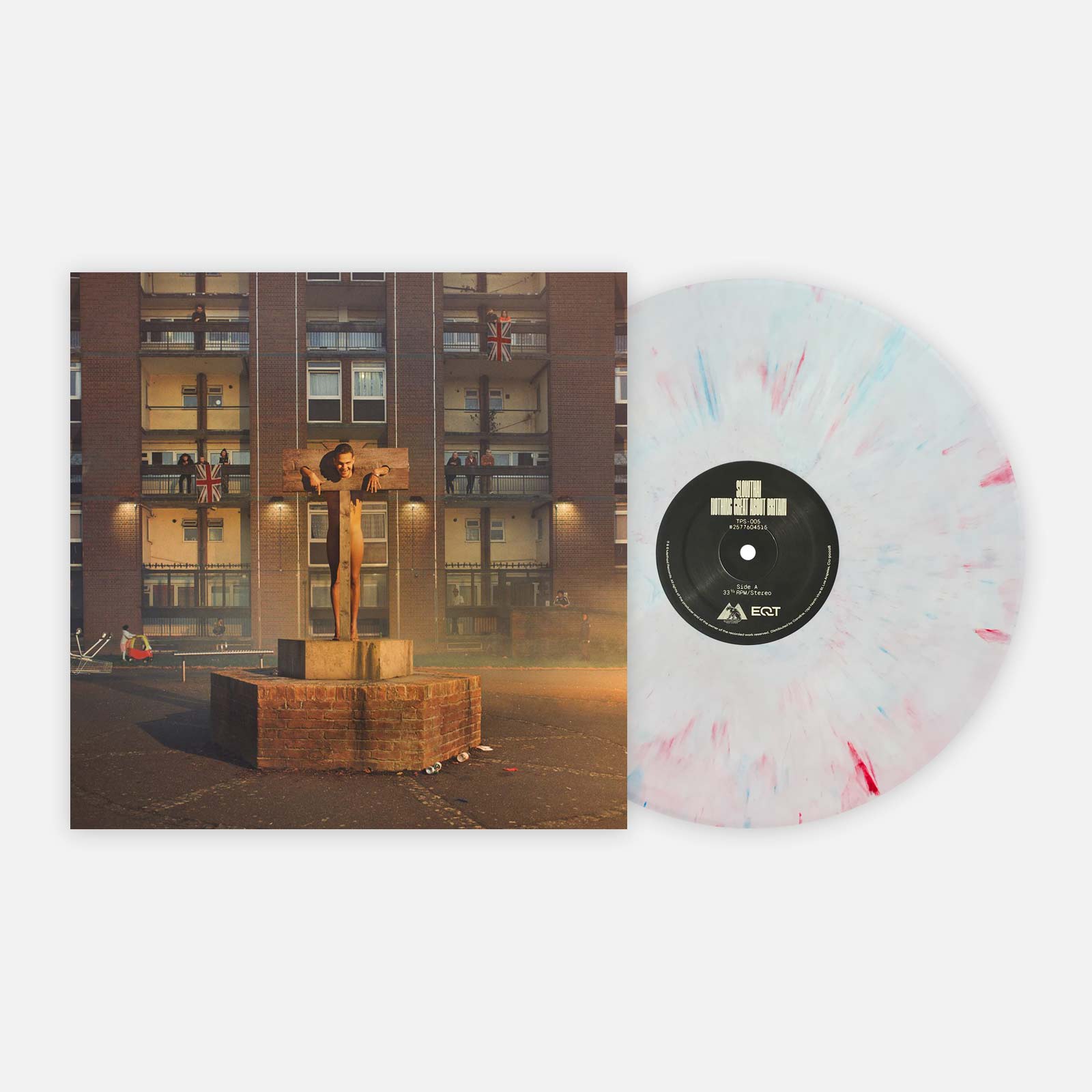10 nejlepších rapových alb v U.K., která si musíte pořídit na vinylu
Díky oživení grime se britský hip-hop nikdy nenalézal na takovém vrcholu jako nyní. Veteráni Wiley, Kano a Skepta vydali kritiky uznávané albumy – přičemž Skeptovo Konnichiwa získalo prestižní Mercury Music Prize za nejlepší britské album roku 2016 – zatímco nováčci jako Stormzy, Lady Leshurr a Giggs se stali hvězdami města. Spojte to vše s mezinárodní láskou od několika velkých hip-hopových umělců, zejména Drakea a jeho More Life playlistu, a grime se zdá být v skvělé kondici.
Ale britský hip-hop zahrnuje mnohem více než jen grime. Zatímco raná podoba tohoto žánru čerpala inspiraci z amerického gangsterského rapu, britský hip-hop v průběhu let vzkvétal, přičemž čerpal vlivy z kulturního tání, na kterém byla země postavena. Garage, trip-hop, R&B, dub-step, elektronika a conscious rap jsou jen některé z mnoha subžánrů a stylů, které tvoří britský hip-hop.
Abychom pomohli představit rozmanitost tohoto žánru, zde je 10 z nejvlivnějších a nejuznávanějších nahrávek, které ukazují, jak skvělý britský hip-hop je.

London Posse: Gangster Chronicle
Universálně oceňovaní a považovaní za průkopníky anglického rapu, jediný album London Posse Gangster Chronicle byla radostná jízda, která určovala žánr skrze londýnská slova a reggae rytmy, která stále vydrží opakovanému poslechu. Vytvořili ji Sipho, Rodney P, Bionic a DJ Biznizz (i když Sipho a DJ Biznizz opustili skupinu před nahráváním Gangster Chronicle), London Posse předvedli těžší a špinavější verzi rapu, která dříve nikdy nebyla slyšena. Na základě booming “Money Mad” a newyorského znícího “How’s Life In London,” Gangster Chronicles položili základ pro budoucnost UK hip-hopu.

Wiley: Playtime Is Over
Známý jako kmotr grime, londýnský stalwart Wiley byl jedním z původců grime s vysoce uznávanou kariérou, která trvá více než dvě desetiletí. Zatímco mnozí ukazují na jeho debutové album Treddin’ on Thin Ice (spolu s Boy In Da Corner od Dizzee Rascal), které pomohlo vytvořit plán pro tento žánr, jeho třetí album Playtime Is Over etablovalo Wileyho nejen jako nejlepšího textaře, ale i vynikajícího producenta. Otevírací salve “50/50” bylo dokonalým představením Wileyho lyrické schopnosti, zatímco zkoumání “Slippin” a dub heavy “Stars” jsou vrcholnými výtvory produkce. “Letter 2 Dizzee” analyzuje jeho vztah s bývalým chráněncem Dizzee Rascalem a Skepta produkovaný “No Qualms” je agresivní reakcí na diss track Nasty Jacka “Pimp On Flows.”

Speech Debelle: Speech Therapy
Nahráno převážně v Austrálii a vyměněno hip-hop vzorky za živé nástroje, Speech Therapy bylo kritikou uznávané debut od britské rapperky Speech Debelle. Cituje Tracy Chapman a Meshell Ndegeocello jako inspiraci, Speech Therapy je hluboce osobní sbírka skladeb o Debelleiných letech v hlavním městě UK. Detaily let, které strávila bez domova v “Searching,” efekt jejího nepřítomného otce v “Daddy’s Little Girl,” a pocit být zamilovaný v akustickém jazzu “Buddy Love,” Debelle ukazuje zranitelnost a emocionální stránku, kterou v moderním hip-hopu často neslyšíme.

Skinnyman: Council Estate Of Mind
Hra na klasiku Nasa “N.Y. State Of Mind,” Skinnymanova Council Estate Of Mind sleduje stejnou cestu jako hip-hopová klasika, nahrazujíce ghetto New Yorku vnitřními mestskými council estaty Londýna. Deska je prokládána skečemi ze Made In Britain, televizního filmu z roku 1982, který se zabývá britským vzdělávacím systémem, přičemž se dotýká témat týkajících se pracovní třídy, gangového násilí, rasismu a antimocného hnutí. Skinnyman vyjadřuje své pocity ohledně následků zločinu a drog v “I’ll Be Surprised (If I Make It Till Tomorrow)” a “Day To Day Basis,” zatímco na “Fuck The Hook” vyjadřuje svou frustraci vůči hudebnímu průmyslu. Unikátní hlas na scéně, Skinnymanova Council Estate Of Mind byla proud vědomí, který stále rezonuje s aktuálními problémy sužujícími společnost dnes.

Tricky: Maxinquaye
Jako bývalý člen skupiny Massive Attack, Tricky si našel své místo jako tvář trip-hopu s vydáním svého zásadního alba Maxinquaye. Najmul vokalistku Martinu Topley-Bird – kterou objevil zpívat na zdi v Brixtonu – a přizval producenta Marka Saunderse (The Cure, Neneh Cherry), Maxinquaye naplnilo Trickyho vizi atmosferického, vzorového alba vedeného jeho vlastními osobními zkušenostmi. Zabývající se tématy smrti, sexu a britské drogové kultury, deska je mlhavým kouřem lidské temnoty, která zkoumá podložku experimentální hudby na skladbách jako je burácející “Black Steel” a epické “Aftermath.” Protiklad mezi Trickyho vrčivými vokály a Topley-Birdiným nevinně duševním projevem je podivně katarzní zkušenost, přičemž “Hell Is Round The Corner” vzorkující Isaac Hayes je jednou z nejvýraznějších skladeb desky.

Plan B: Who Needs Actions When You Got Words
Předtím než získal první místo v UK albových žebříčcích s jeho duševním album The Defamation of Strickland Banks, Plan B byl divadelním MC jehož brzká práce byla přirovnávána k Eminemovi. Jeho debut Who Needs Actions When You Got Words – název odvozený z “Plateau” od Meat Puppets – je lyricky temným nočním můrou blízkou hororovému rapu. Odhaluje brutální realitu, kterou čelí mládež vyrůstající v centru Londýna, Plan B se nedržel zpátky se svými strašidelnými a krutými texty, podloženými mixem hip-hopových beatů, kytarovými riffy a smyčci. Dotýká se problému užívání drog v “Mama (Loves A Crackhead),” gangových vazeb v “Where Ya From?” a nelegálního sexu v “Charmaine,” Plan B’s popisné texty jsou konfrontační a často pesimistické, což vás nenechá na pochybách o tom, jestli to opravdu bylo tak hrozné.

Roots Manuva: Run Come Save Me
Pronásledovaná a jemná “No Strings…” úvod, který otevírá druhé album Roots Manuva, je tichou přípravou na bouři, kterou NME označuje jako “Brit-rap nejlepší hodinu až dosud.” Absorbující trip-hopové vlivy a elektronické dubové zvukové krajiny, Run Come Save Me je futuristický pohled do mysli jednoho Rodneyho Hylton Smitha. “Witness (1 Hope)” byla velkým singlem alba, ovlivněným jamajským dancehallem a tématem Doctor Who, s častými odkazy Manuva na anglickou kulturu, které vkládají do alba jeho osobnost. Manuva’s hrubý výkon, lyrická obratnost, spolu s hostujícími verši od hip-hopových oblíbenců Chali 2na, Rodney P a Skeme, pomohly vytvořit hip-hopovou klasiku, která je téměř bezchybná.

The Streets: Original Pirate Material
Myšlenka 23letého kluka z Birminghamu Mikea Skinnera (který produkoval a napsal většinu alba v malém bytě v Brixtoně), Original Pirate Material přichází s boomingovým garážovým zvukem, který obklopuje UK a kombinuje ho se vztahujícími se texty, které jsou dodávány Skinnerovým sympatickým talk-rap tempem. Jako zručný textař, Skinner ilustruje Original Pirate Material kombinací anglického slangu, složitých frázování a vtipných výroků, dokumentujících zdánlivě bezútěšné prostředí života ve Velké Británii. Skinner vyvolává obrazy kebabových obchodů, pochmurných hospod a nočního vyžití s skladbami “Too Much Brandy”, “Don’t Mug Yourself” a “Has It Come To This,” přičemž se dotýká problémů alkoholu v zemi v “Geezers Need Excitement” a “Irony Of It All.” Výrazná skladba alba “Weak Become Heroes” dokumentuje hedonistickou noc nelegálních drog, zachycující podstatu mládí, než se nebezpečí dospělosti stanou realitou.

Ms. Dynamite: A Little Deeper
Ve stejném roce, kdy The Streets explodovaly na scénu britského hip-hopu s Original Pirate Material, Londýnská Ms. Dynamite dále posouvala hranice žánru s debutem A Little Deeper. První pozornost hudebních milovníků si získala svými verši, Dynamite přechází mezi rapováním a zpěvem na A Little Deeper, což z něj činí zajímavý poslech, který mnohé překvapilo. Zákonodárce hitů “Dy-Na-Mi-Tee” a “It Takes More,” album zahrnuje Dynamitiny zkušenosti vyrůstající v severním Londýně na pozadí různých hudebních stylů a vlivů (R&B, reggae, garage, 2-Step a hip-hop) a bylo vítězem prestižní Mercury Prize ve Velké Británii.

Dizzee Rascal: Boy In Da Corner
Až donedávna byl dědicem trůnu grime, kariéra Dizzee Rascal se vydala komerčnější směrem, ale jeho debutové album Boy In Da Corner je hip-hopovým mistrovským dílem, které MC dosud nepřekonal. Ovládající většinu produkce sám, tehdy teprve 18letý Dizzee vytvořil agresivní, dystopický zvuk, který poskytl ideální základ pro skladby vykreslující realitu mládeže uvězněné ve zlovolném cyklu gangového násilí a městského úpadku. Od zlověstného úvodu “Sittn’ Here” až po klubový banger “Jus’ A Rascal” a reflexivní finále “Do It!,” je Boy In Da Corner plný skvělých skladeb bez nudy, což pomohlo umístit grime na mapu a proměnilo Dizzeeho v mezinárodní superstar.
Tobias Handke je spisovatel a redaktor z Melbourne v Austrálii, který má vášeň pro hip-hop, pizzu a Kurta Russella.

